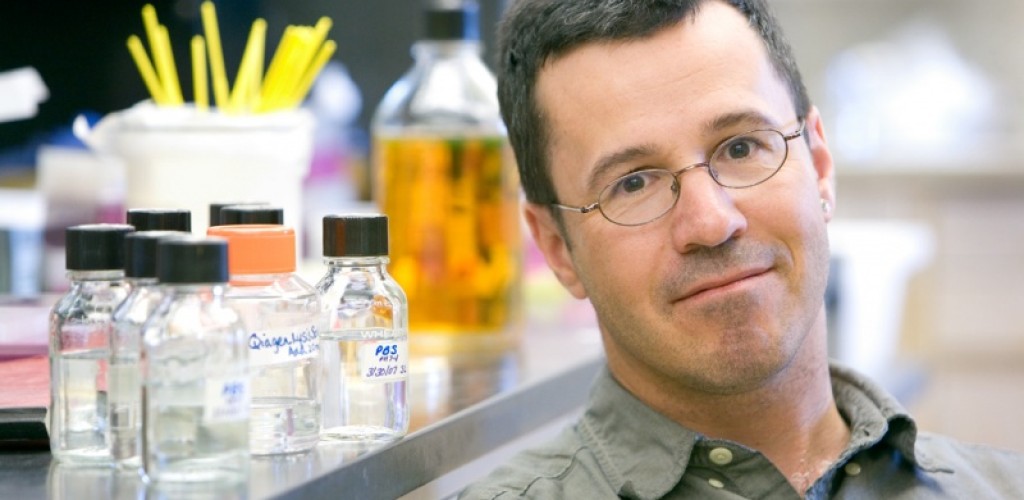A paper published in the journal Frontiers in Microbiology on July 12 – co-authored by researchers from Cornell and the Mars Global Food Safety Center (GFSC), Beijing – illuminates breakthroughs.
“Salmonella is the foodborne pathogen with the biggest public health and economic impact globally. It’s one of the major causes of diarrhea all around the world,” said Martin Wiedmann, the Gellert Family Professor in Food Safety and Cornell Institute for Food Systems faculty fellow. “Salmonella can be mild or it can cause death, as its severity depends on salmonella’s serotypes [distinct variations] – and that’s what we’re trying to find out.”
The paper describes how the food industry around the world should use molecular methods more often for subtyping and characterizing salmonella. The paper compared older subtyping practices – some practices going back to the 1930s – to the newer whole-genome sequencing, a method that can analyze a wider, more complete swath of the genome.
With this technique, scientists can more precisely identify a particular strain of salmonella and determine the origin and the path of the disease’s outbreak, Wiedmann said.
For example, in early July the U.S. Food and Drug Administration and the federal Centers for Disease Control and Prevention (CDC) used the technique, as they began investigating a suspected salmonella link between pig-ear dog treats and humans – due to people handling the treats. At the time, there were 45 cases of salmonella in 13 states, with 12 people hospitalized, according to the CDC.
“Whole-genome sequencing is rapidly becoming the method of choice for salmonella subtyping,” said microbiologist Silin Tang, Ph.D. ‘15, the paper’s lead author and senior research scientist at the Mars Global Food Safety Center. “Foods often reach the consumer through increasingly complex supply chains, creating many opportunities where food safety could be compromised. Recent cases highlight the need to reinforce salmonella control measures in the food industry, including rapid and accurate tracking of contamination sources with appropriate subtyping tools.”
Tang said there is an opportunity for the food industry to create a talent pipeline of expertise in bioinformatics – the use of software tools to understand biological data – to harness the full potential of whole-genome sequencing technologies.
Further, Wiedmann said, this paper represents the translation of academic analysis into a useful industry application. “This will help industry implement better ways to proactively address the complications and complexity of salmonella,” he said.
In addition to Wiedmann and Tang, co-authors of “Assessment and Comparison of Molecular Subtyping and Characterization Methods for Salmonella” are Renato Orsi, senior researcher, Cornell; and Hao Luo, Chongtao Ge, Guangtao Zhang, Robert C. Baker and Abigail Stevenson of the Mars Global Food Safety Center. The research was funded by the Mars center.





